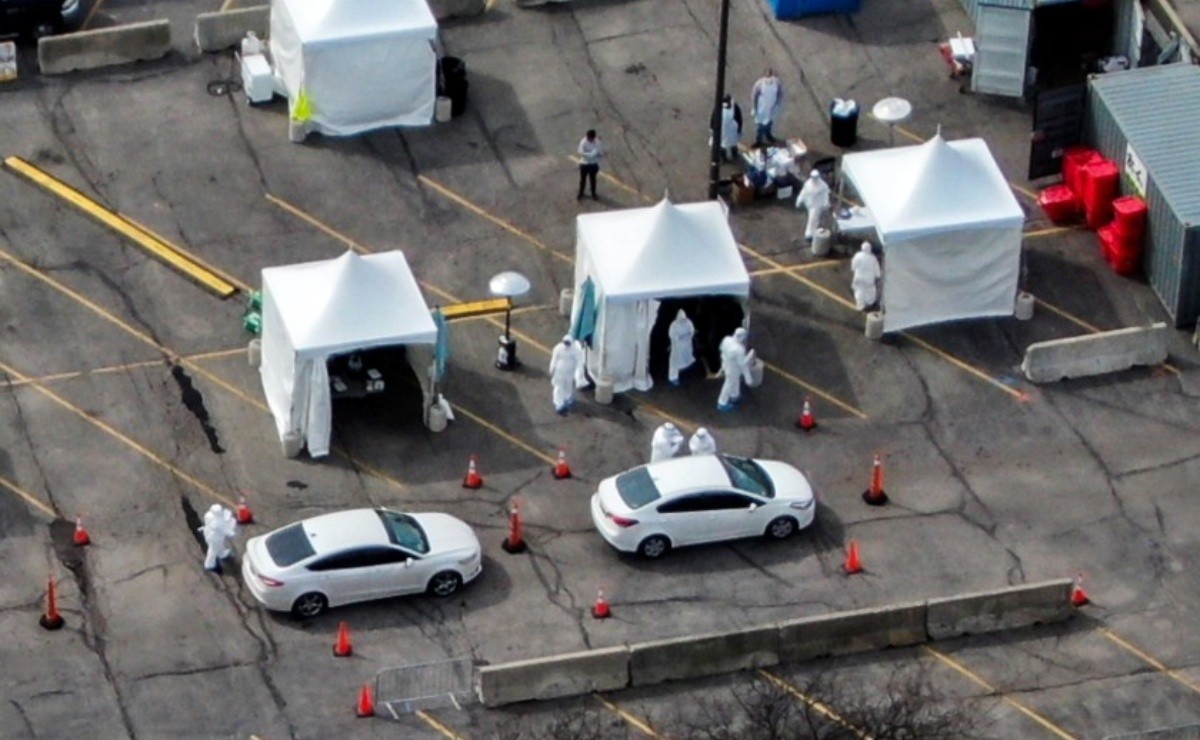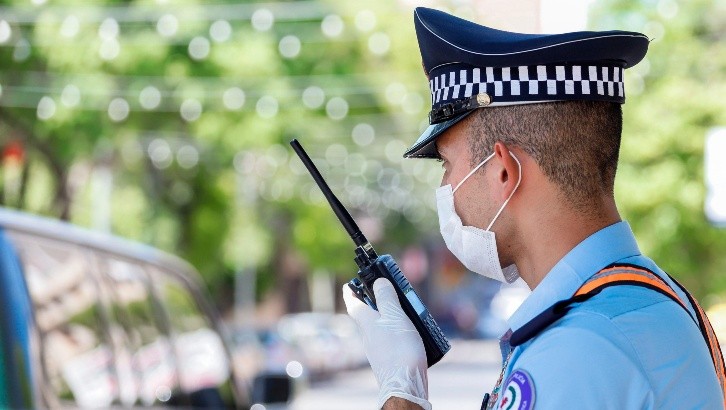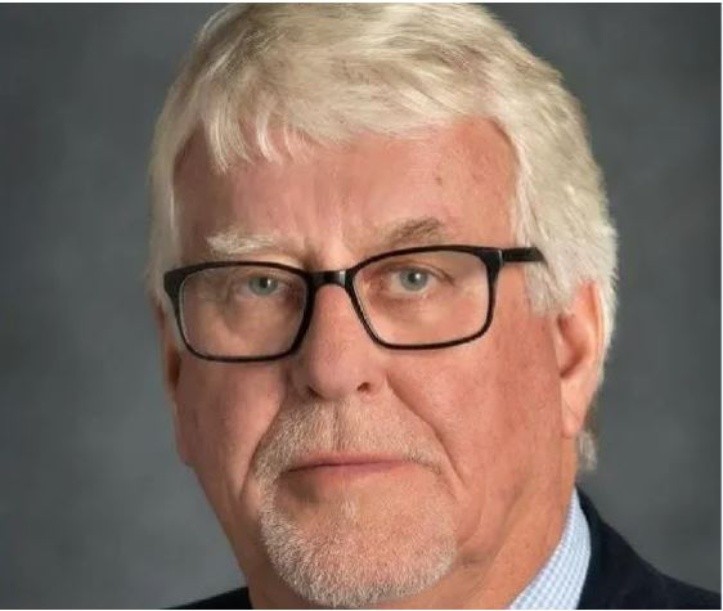
The coronavirus pandemic has millions of people in the world in doubt and they wonder what is the way to avoid covid-19
The cases of coronavirus infections in the world do not stop and the pandemic that surprised the world at the end of 2019 continues to affect countries around the world.
So far no doctor has discovered the vaccine to stop Covid-19 that continues to affect people of all ages, religions and social positions. Nobody is saved from the coronavirus.
One of the heroic stories in the world is that of Dr. Perry Kendall and his team , who in 2003 won a battle against the first deadly coronavirus, SARS.

You can see: Nurse discovers strange coincidence in patients with COVID-19
The doctor expert in viruses revealed the way to stop COVID-19: "The only way to stop the new coronavirus in immunization."
Kendall, who was responsible for health security in British Columbia in 2003, was the only one to stop the spread of SARS, the first deadly coronavirus that jumped the species barrier to humans, from an infected Chinese in Hong Kong known as the “ patient zero ”in Canada.
“At that time we managed to push this new coronavirus back to the animal kingdom, in the case of SARS-CoV-2 (or COVID-19) that will not be possible; it is going to become endemic and the only way to stop it will be immunization, "explains Kendall in an interview with Efe from Vancouver, Canada.
This doctor, specialized in epidemiology and health security and who has also faced swine flu (2009) or the fatal addiction to opiates, was the protagonist without expecting it in one of the most gruesome episodes of the SARS epidemic, which killed almost 800 people around the world.
It may interest you: Woman with coronavirus gives birth to a baby. She is healthy!
He was one of those that successfully contained the virus in a person infected on the 9th floor of the Metropole hotel in Hong Kong, a biological bomb that was the first source of spread of SARS internationally.

"One of our researchers, Dr. Danuta Skowronski of the Center for Disease Control, noticed early information about pneumonia of unknown origin in southern China and we were prepared if we saw something suspicious," recalls Kendall.
When Kendall and his team learned that a 55-year-old patient had arrived from Hong Kong showing symptoms of this strange new disease, they immediately isolated him and managed to recover without infecting anyone else.
"We did not leave him in an emergency waiting room and he was immediately isolated," he recalls, while highlighting the importance of information transparency in the event of epidemics.
When coughing and sneezing, you can cover your mouth and nose with a tissue, which should be thrown away immediately. And remember to wash your hands ��! # COVID19 pic.twitter.com/nz2XvvsAmL
– PAHO / WHO Mexico (@OPSOMSMexico) March 25, 2020
One of the guests of the Metropole, Dr. Liu Jianlun, who investigated the first cases of the epidemic in Guangdong province, stayed at that hotel for just one day, but all those who passed by the corridor where he walked that night were infected, some died in less than two weeks and were the origin of some 4,000 infections.
No one really knows what happened, but SARS, a disease three times more deadly than COVID-19, spread among 17 neighbors of Dr. Liu Jianlun, 64. Some of them, like the patient Dr. Kendall treated in Vancouver, traveled abroad, taking the epidemic beyond China and Hong Kong.
"That coronavirus was much more virulent, so it was easier to detect and we managed to keep it from leaving hospitals," says Kendall about the SARS-CoV-2 paradox, which, as it is less serious, goes unnoticed and is more contagious.
In his opinion, that is the big difference between SARS-CoV and SARS-CoV-2, since this time, contrary to what happened in 2003, the Chinese authorities were faster and more transparent than in the past.
"The genetic fingerprint of the virus indicates that the Chinese authorities detected it at the beginning and it had not been circulating in the population for long," he says.
“Social isolation is not the only recipe; it is also necessary to carry out rapid tests and strengthen the hospitals, "says Kendall, who recalls that, as with SARS, it is the medical personnel who suffer in large part the onslaught of viral diseases that are difficult to contain.
“It is important to treat as many people as possible virtually and for people suspected of having the disease to contact the doctor in advance. You have to support the families (of health personnel) and recognize the stress they face ”, he adds.